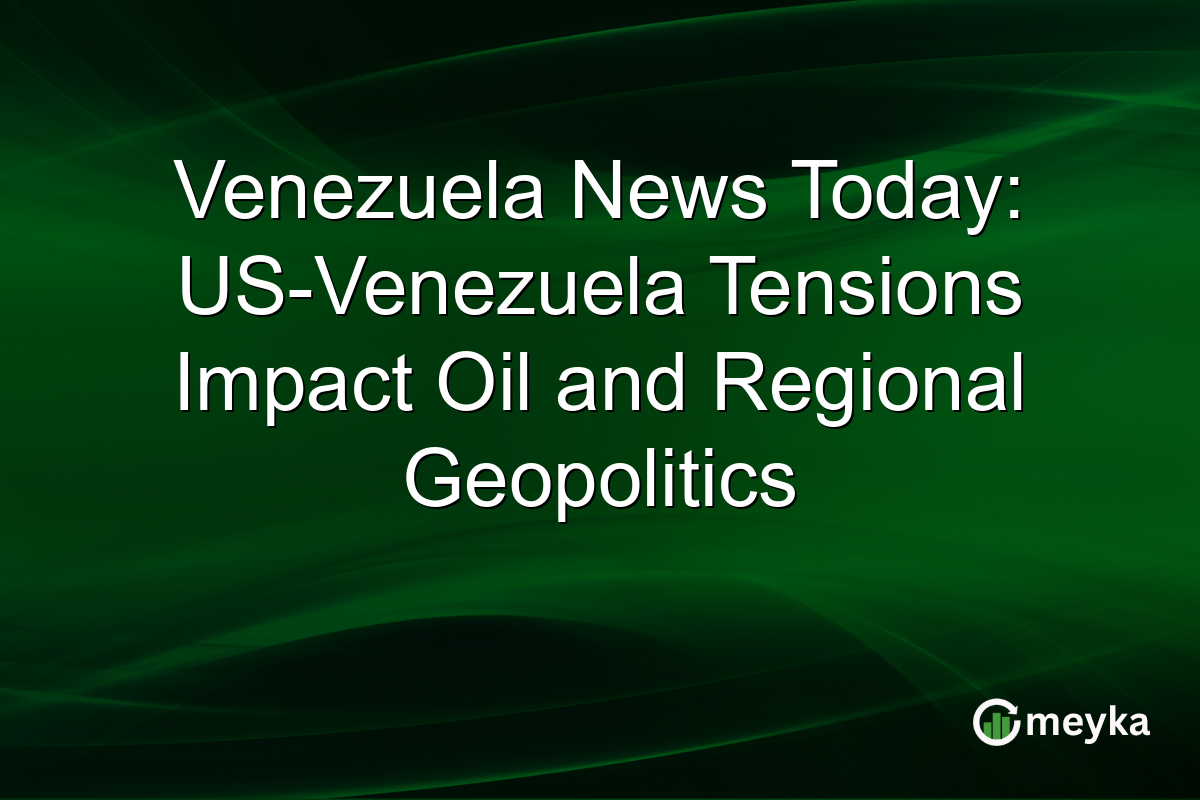Venezuela News Today: US-Venezuela Tensions Impact Oil and Regional Geopolitics
US-Venezuela tensions are escalating, pulling the international spotlight toward Latin America’s geopolitical landscape. Recent events have stirred the oil market, impacting Venezuelan oil production significantly. With the US signaling increased military presence in the Caribbean, both investors and policymakers are keenly observing the situation. This geopolitical tension could reshape energy markets and influence regional stability, affecting the global economy.
Continue Reading on Meyka
This article is available in full on our main platform. Get access to complete analysis, stock insights, and more.
Read Full Article →





